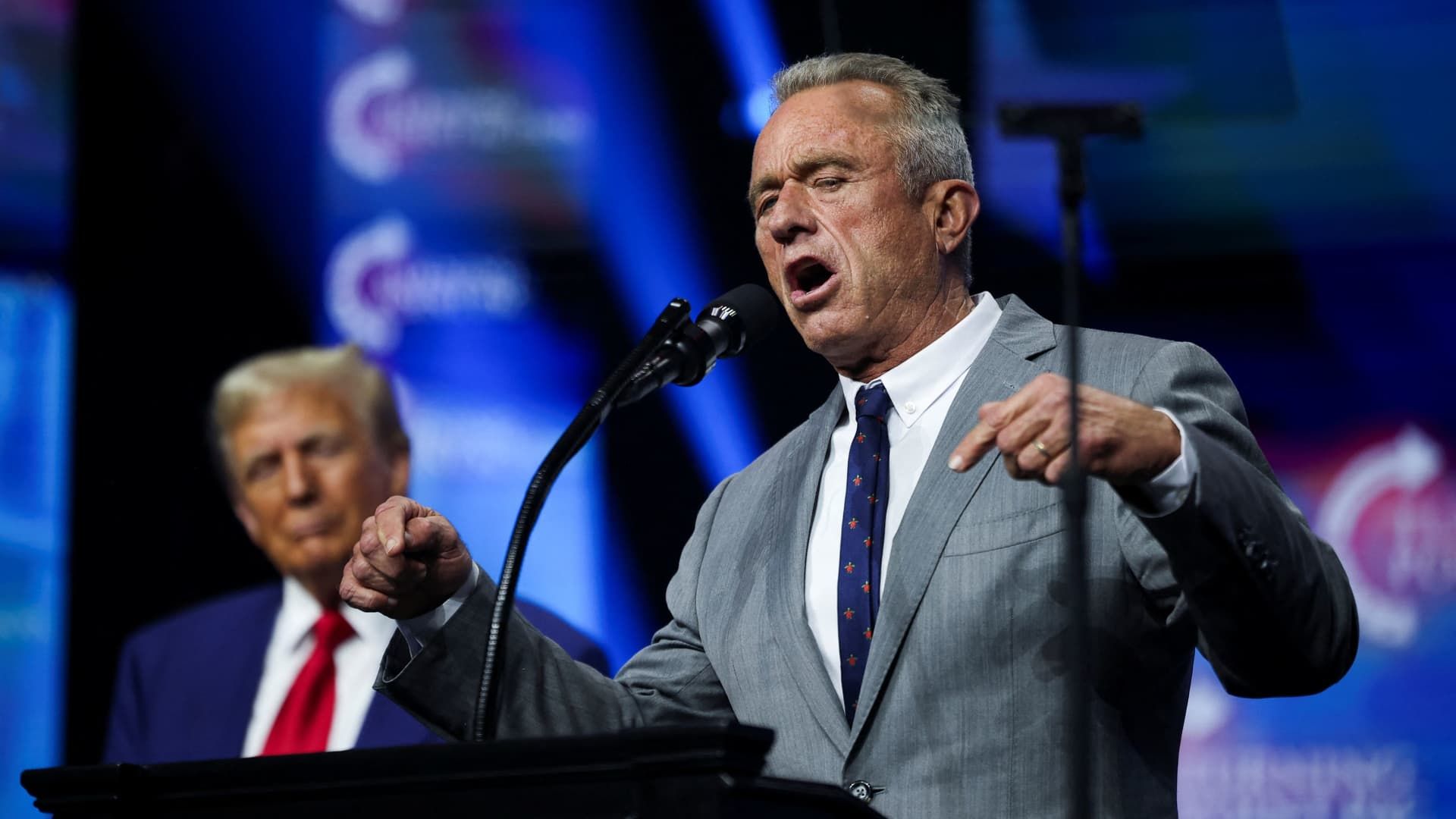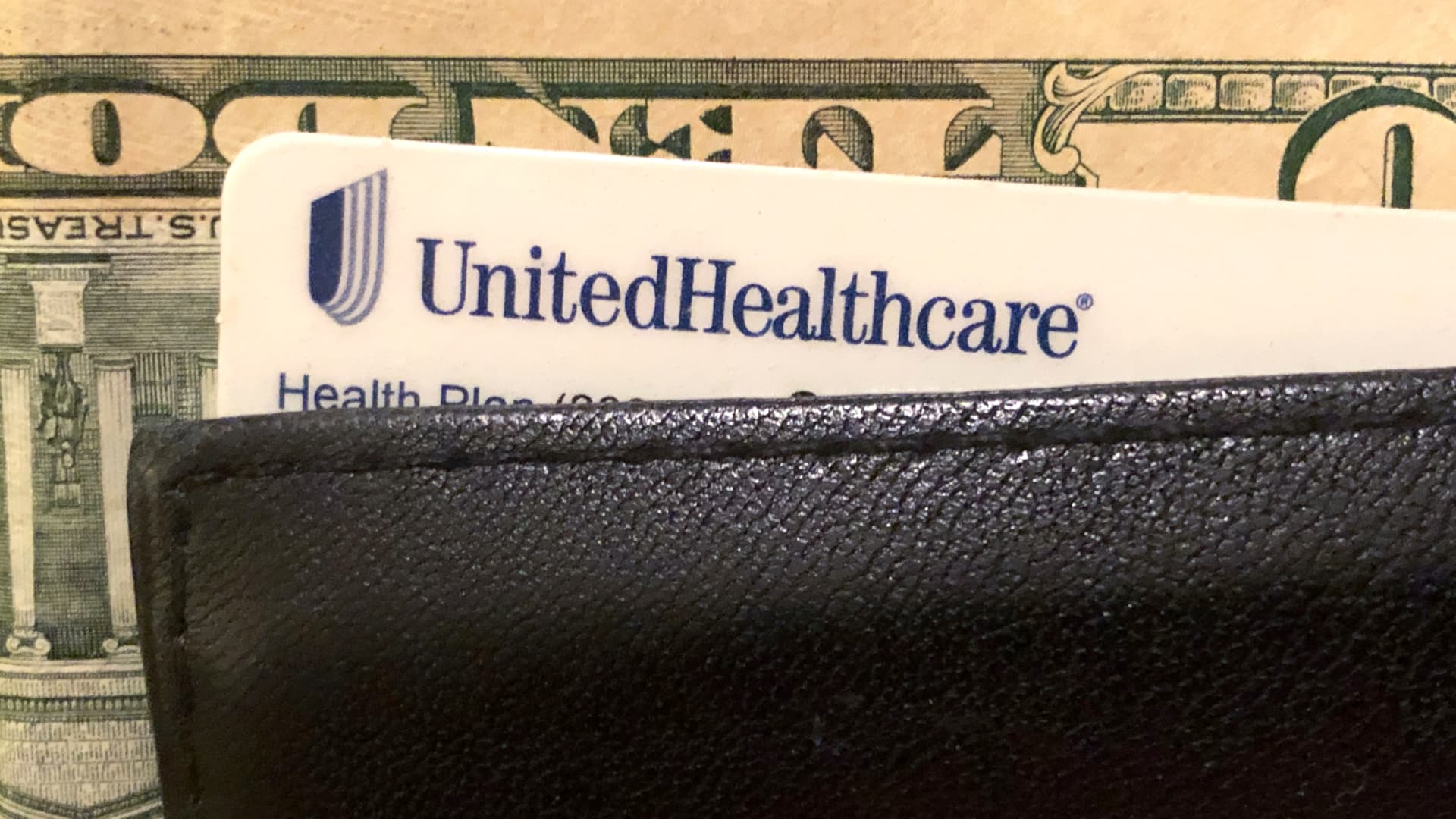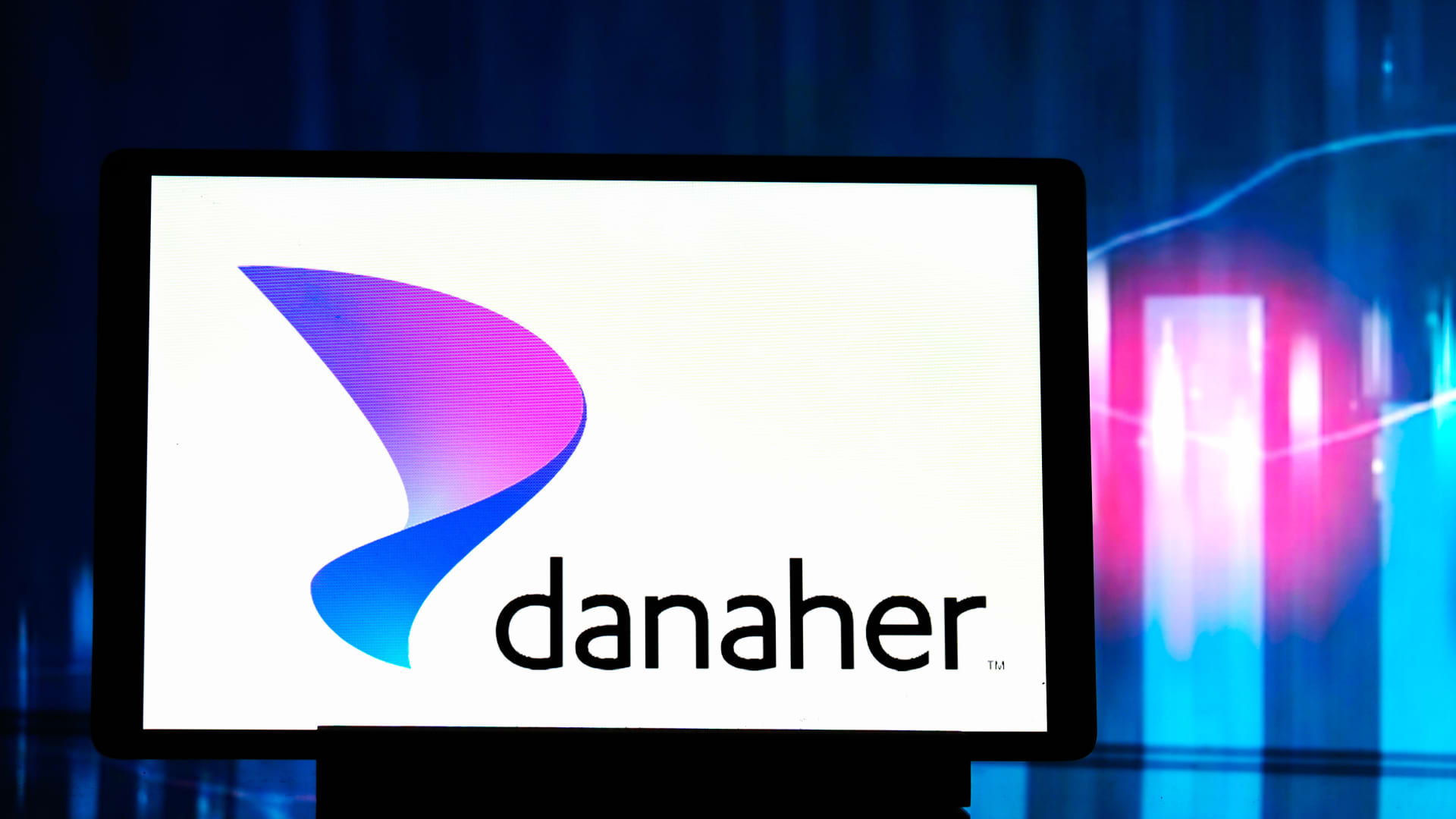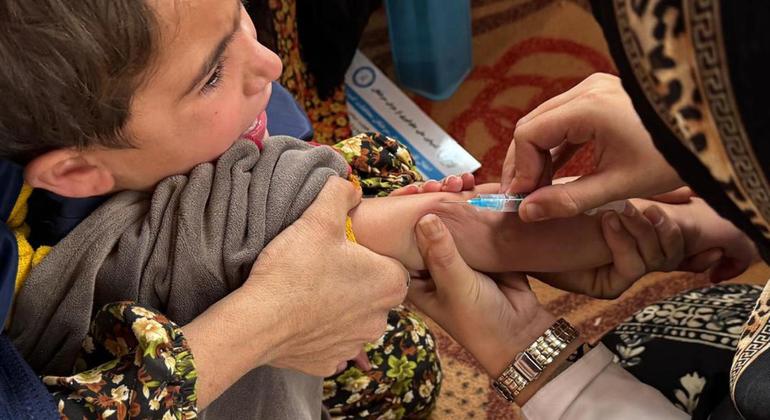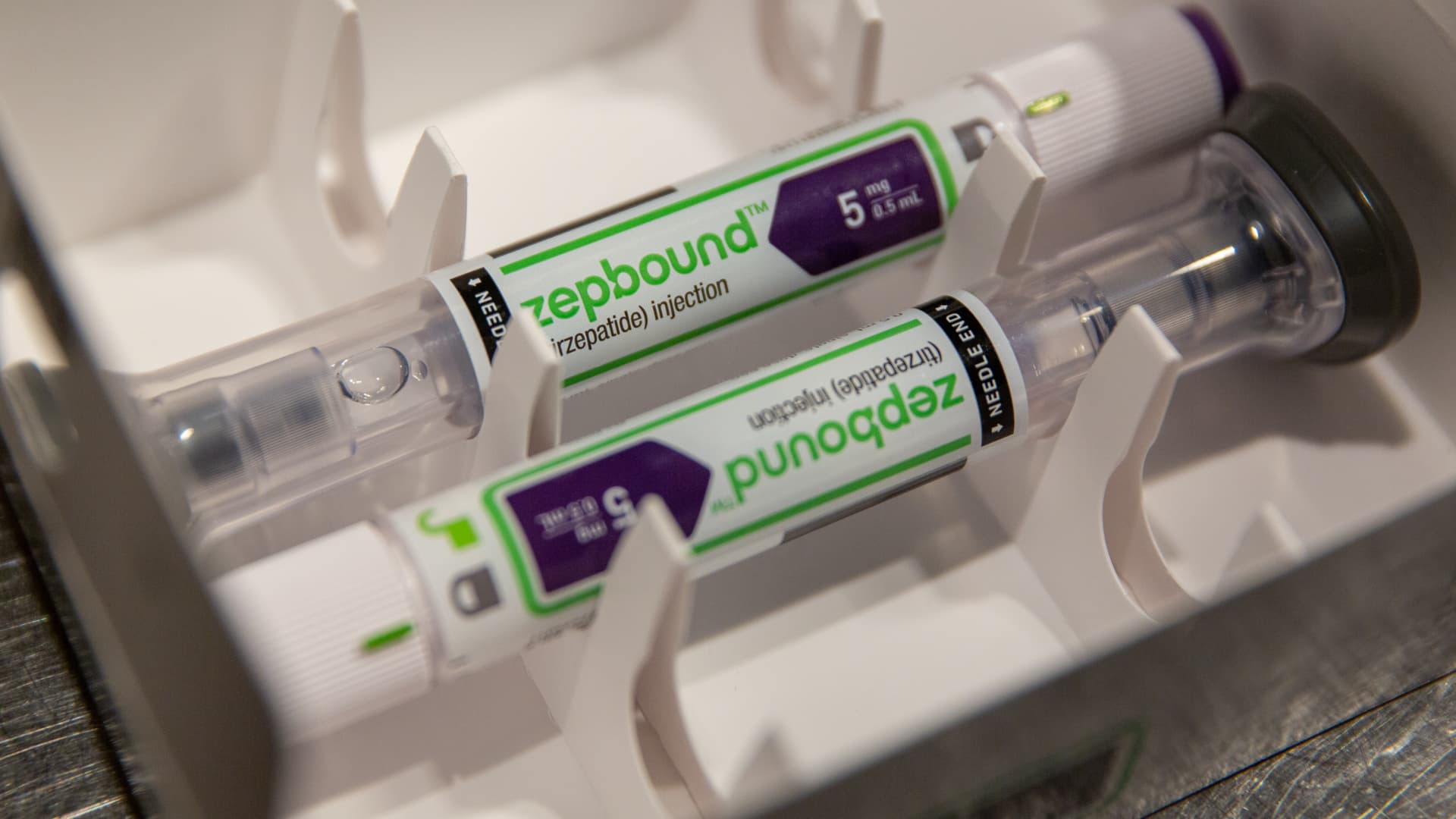Robert F. Kennedy Jr. and Republican presidential candidate and former US President Donald Trump attend a campaign event sponsored by the conservative group Turning Point USA, in Duluth, Georgia, US, on October 23, 2024.
Carlos Barria | Reuters
Former President Donald Trump said Sunday that Robert F. Kennedy Jr.'s proposal to eliminate fluoride from the U.S. water system “is fine with him,” a position that goes against the advice of public health agencies.
“Well, I haven't talked to him about it yet, but it sounds good to me. You know it's possible,” Trump said in an interview with NBC News' Dasha Burns, when asked about Kennedy's proposal.
Kennedy posted on Saturday X: “On January 20, the Trump White House will recommend all US water systems remove fluoride from public water.”
Trump also said Kennedy would have an important role in shaping public health policy in any Trump administration.
According to the Centers for Disease Control and Prevention, fluoride occurs naturally in almost all water sources and some is added to public water to help prevent cavities.
“The safety and benefits of fluoride are well documented and have been extensively reviewed by several scientific and public health organizations,” reads a post on the CDC website.
The American Dental Association says 70 years of research supports the safety and effectiveness of adding fluoride to water, a process known as community water fluoridation.
The Trump campaign did not immediately respond to CNBC's request for comment on the fluoride comment.
Kennedy is also a known vaccine skeptic, who has helped spread false conspiracy theories about public health. When asked by NBC News whether “banning certain vaccines could be on the table” if Trump were president and Kennedy was in his administration, Trump left the door open.
“Well, I'm going to talk to him and other people, and I'll make a decision, but he's a very talented guy and he has strong opinions,” Trump said.
The science on fluoride and water fluoridation is clear. But Trump's doubts and the questions they could pose to voters about what public health would look like in a Trump White House underscore a serious challenge for Trump's campaign in its final days: staying on message.
Last weekend, comedian Tony Hinchcliffe called Puerto Rico a “floating island of garbage,” from which the Trump campaign distanced itself.
Those comments dominated the news cycle for several days, until President Joe Biden appeared to call Trump supporters “trash,” before saying that wasn't what he meant.
Republicans argue that voters are not paying attention to all the controversial statements from Trump and his allies this week, instead focusing on the most important issues in the race.
“Voters in Michigan, Ohio, Wisconsin, Pennsylvania, Georgia and North Carolina are talking about crime and unemployment,” Sen. Tim Scott, R-S.C., said Sunday on CNN's “State of the Union.”
“They're talking about the border. They're talking about 70,000 Americans who will lose their lives to fentanyl. They're not talking about fluoride.”

